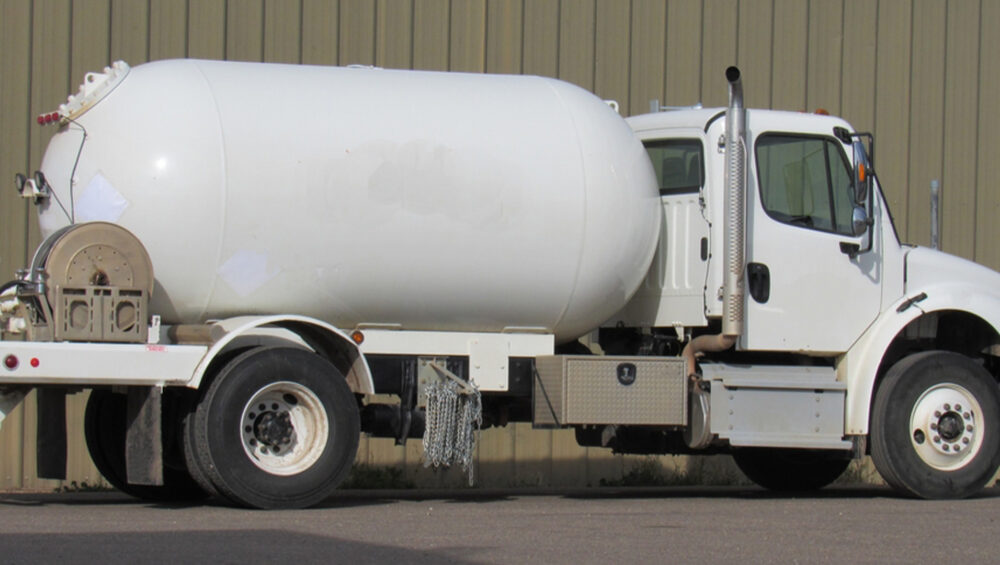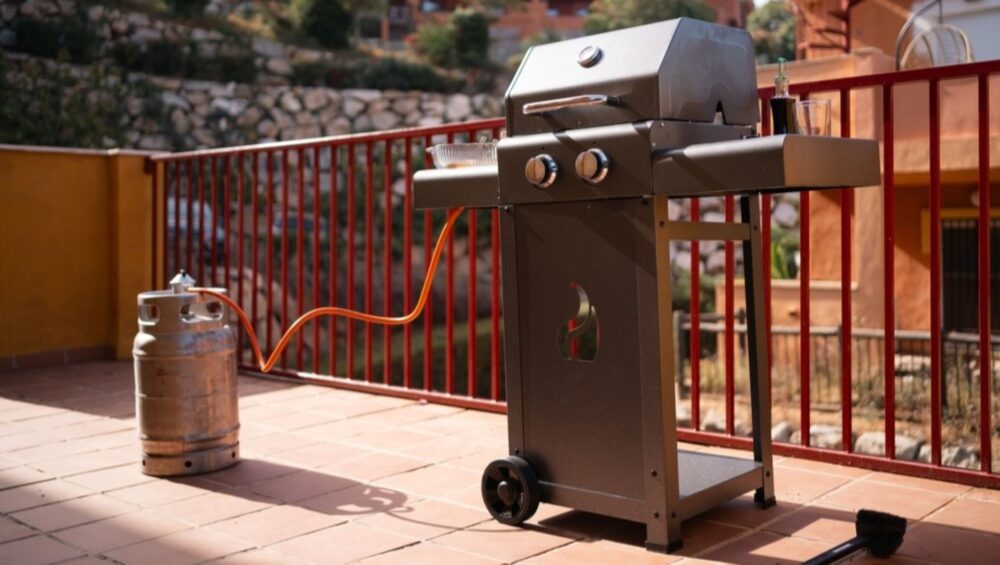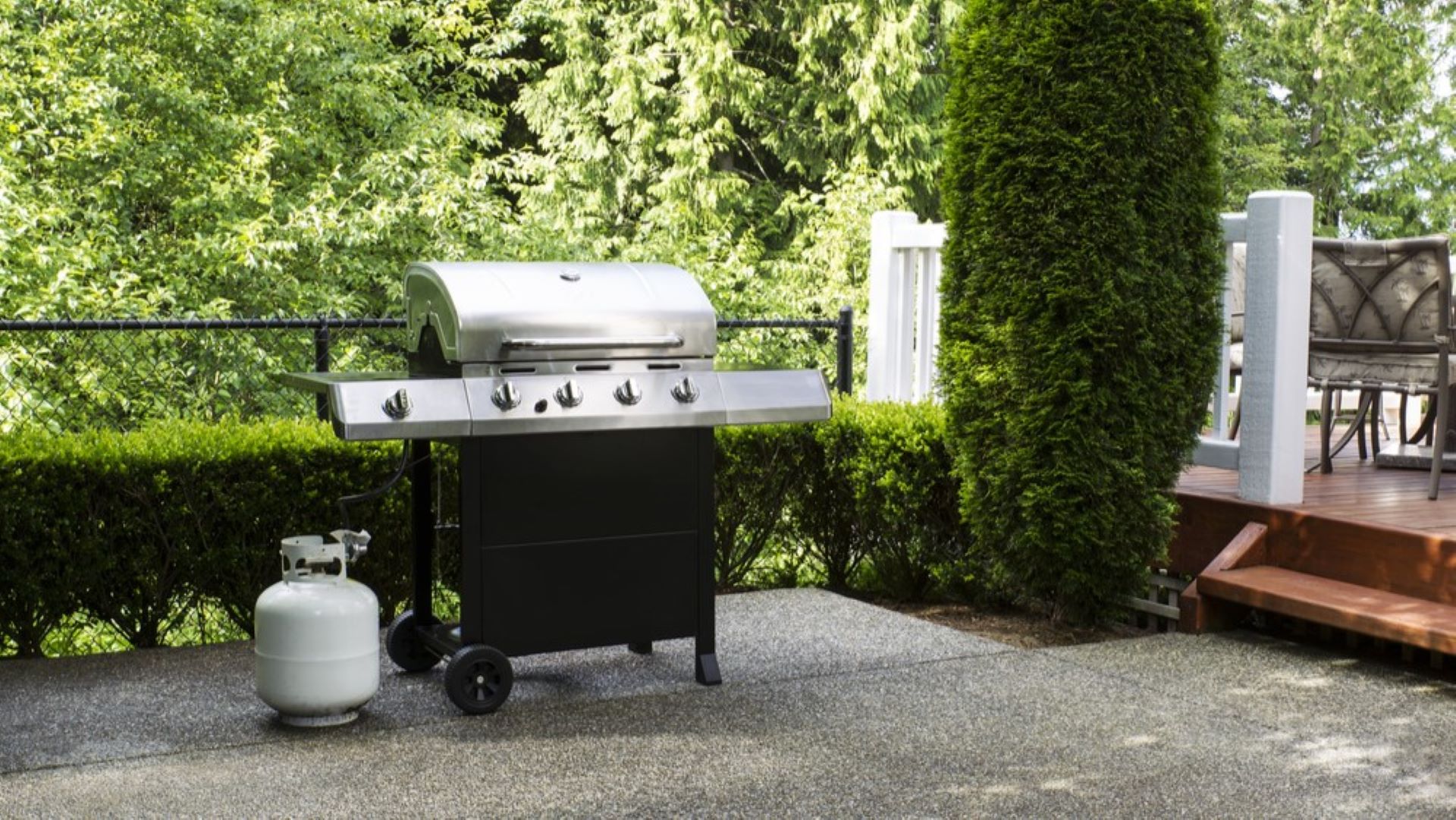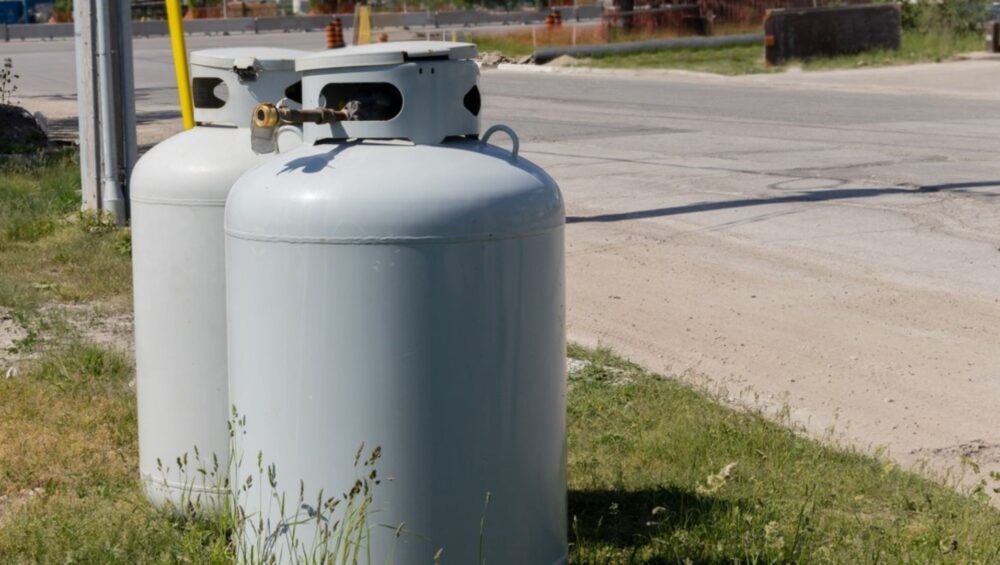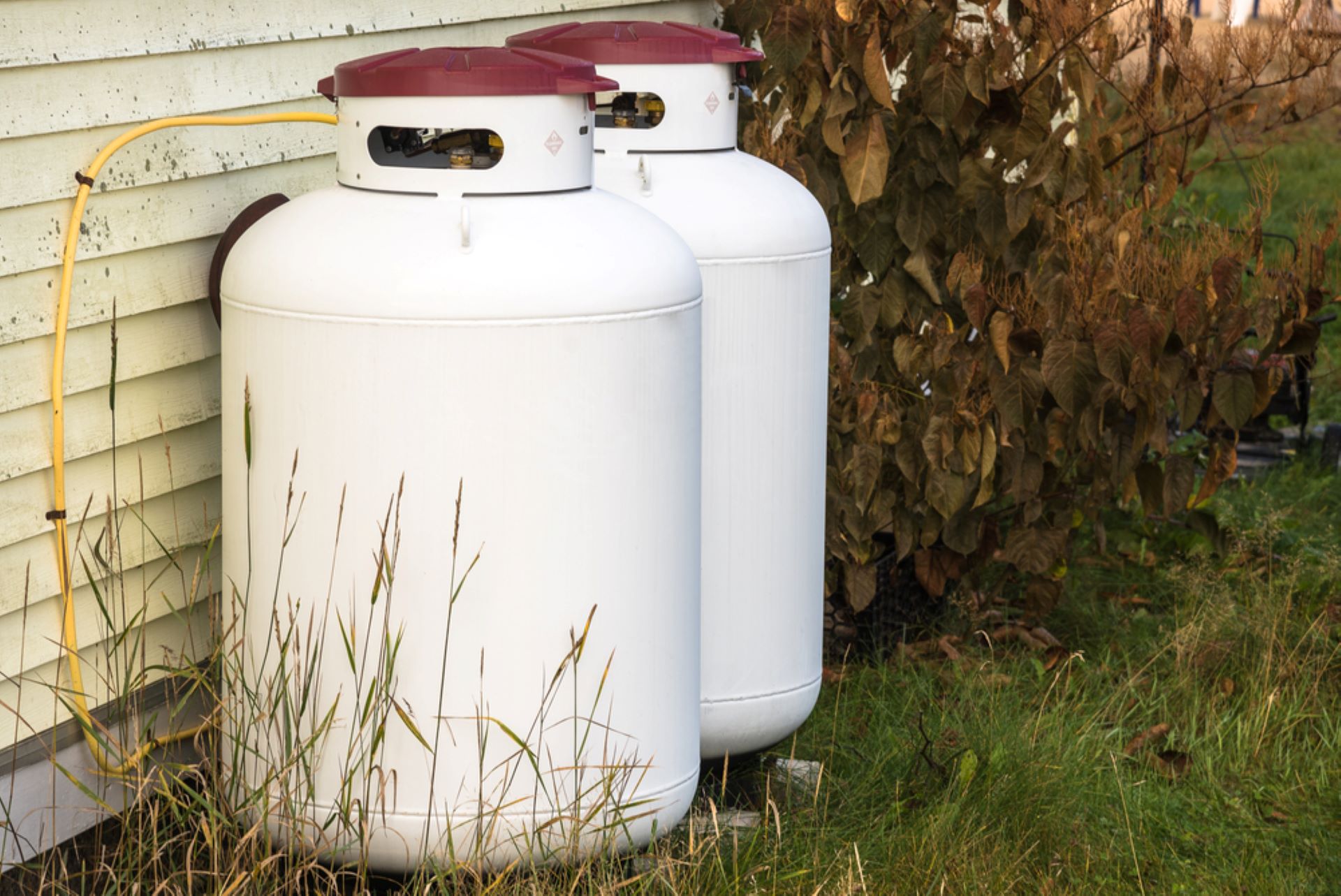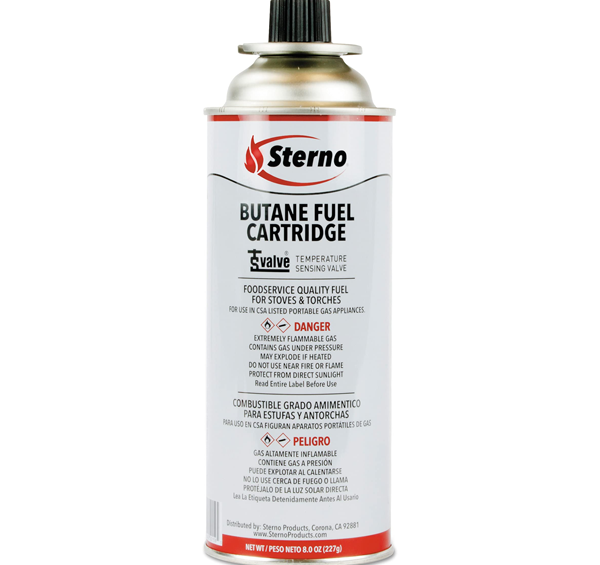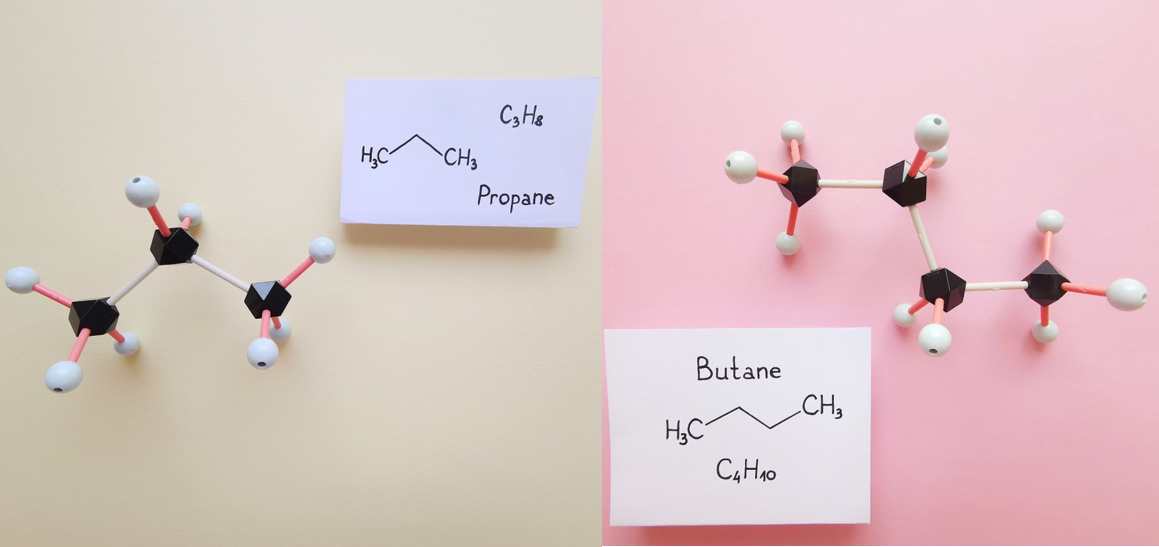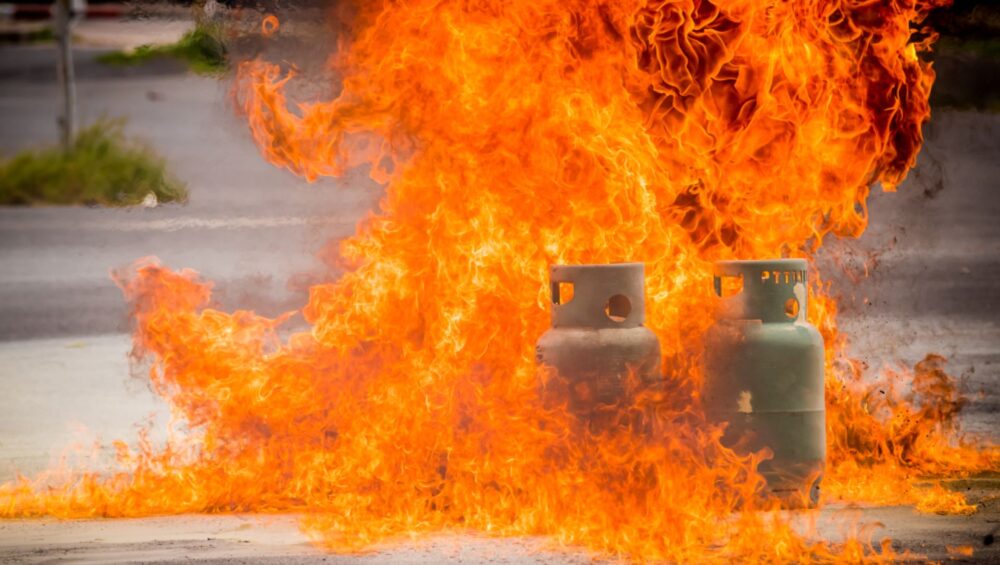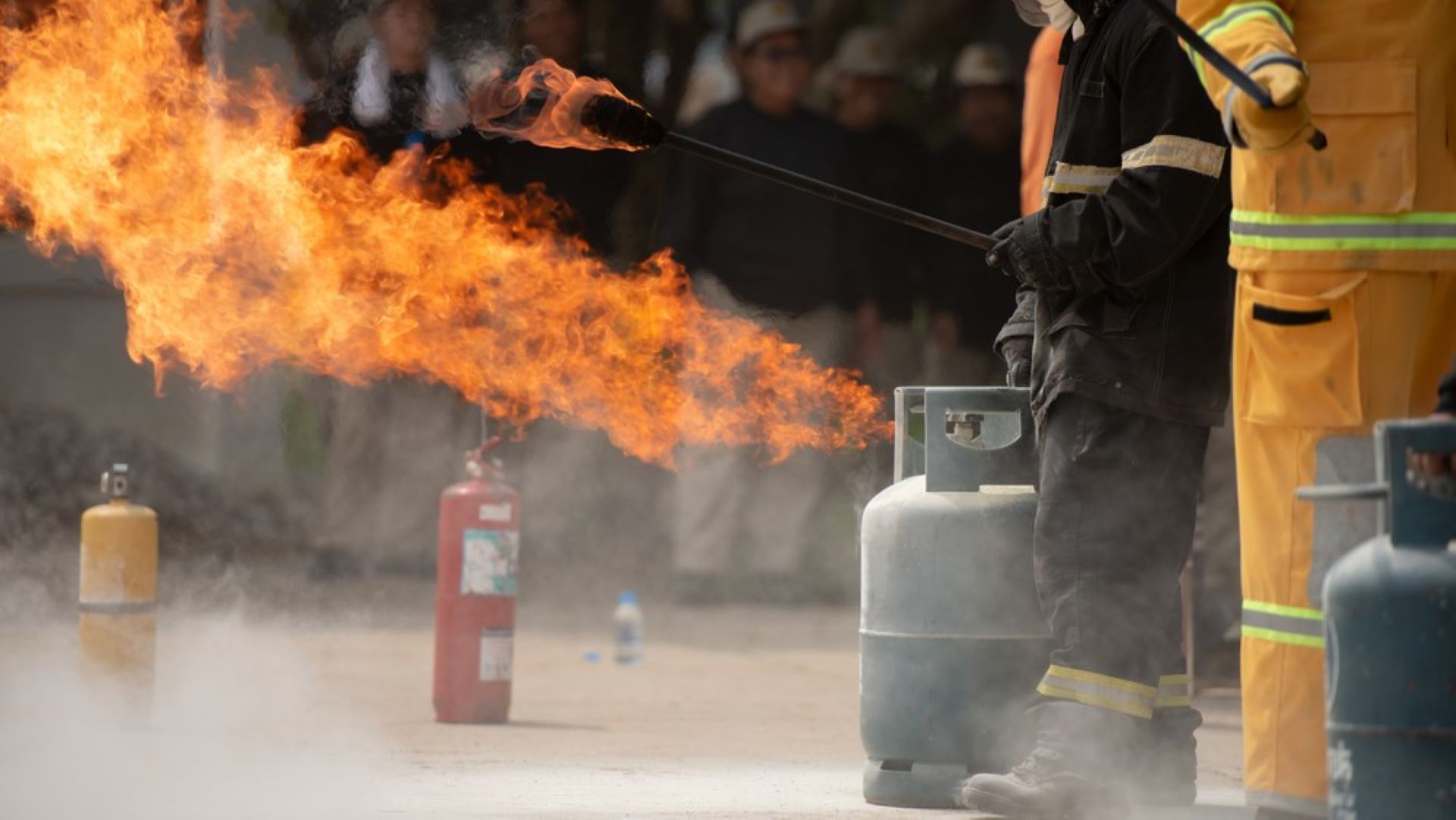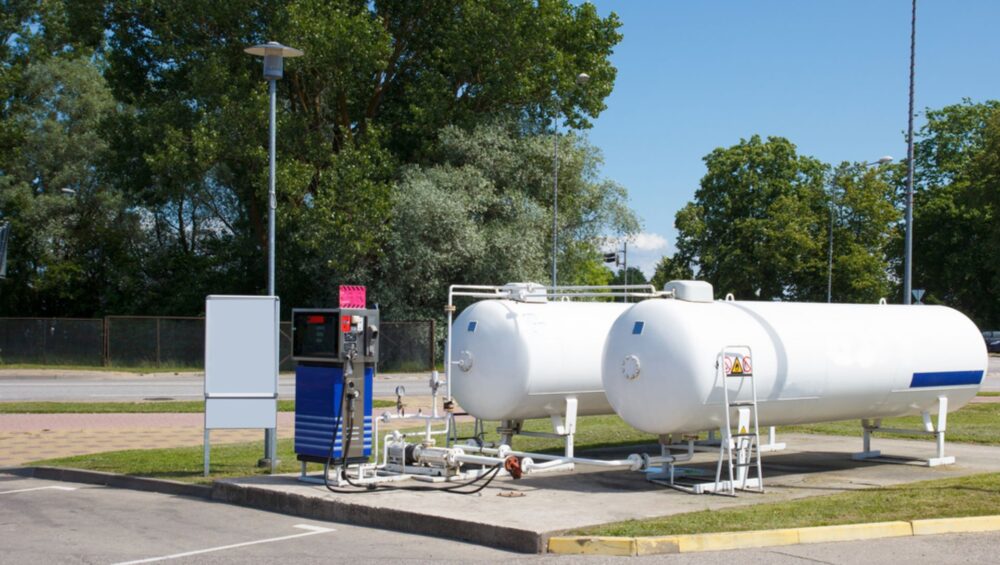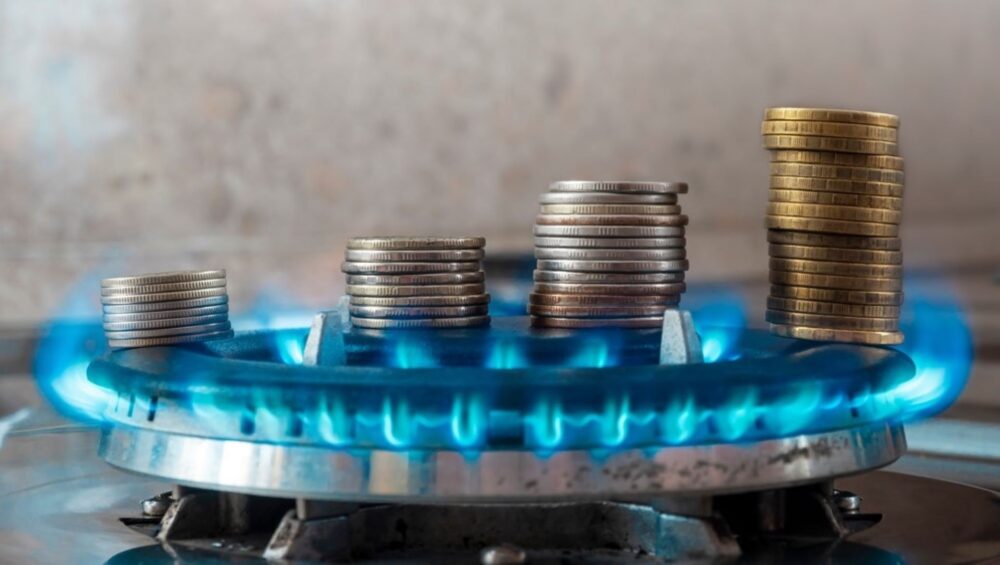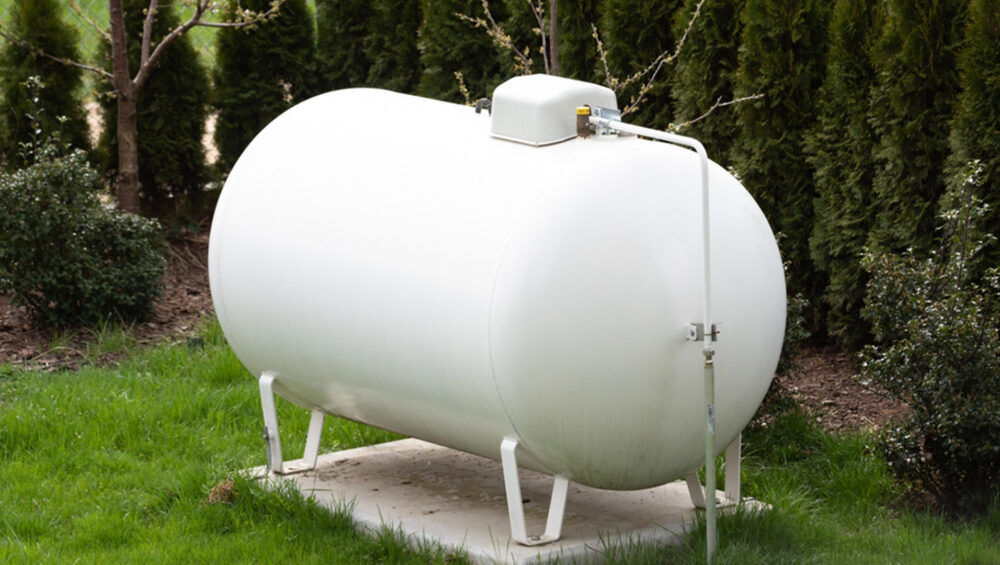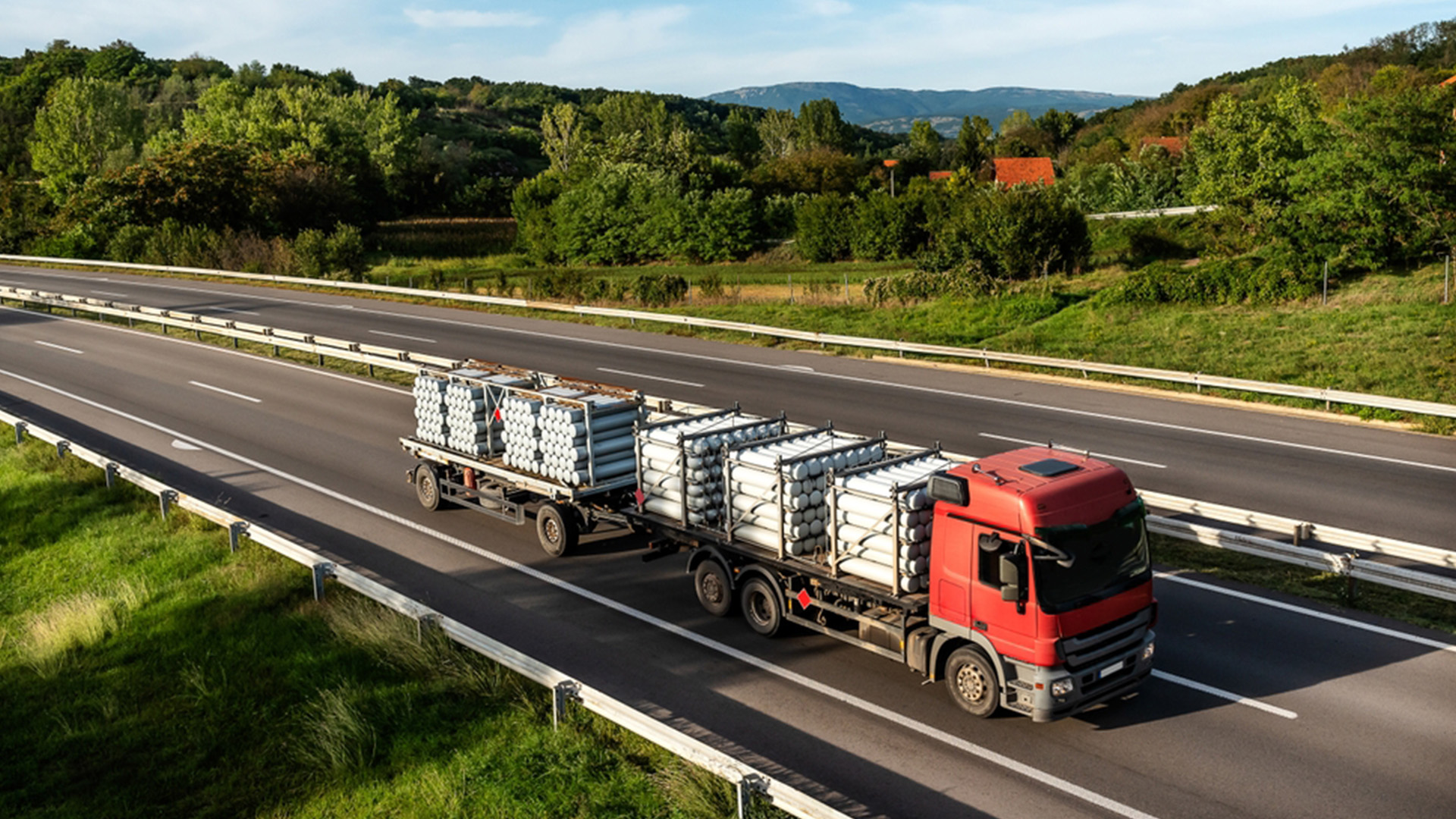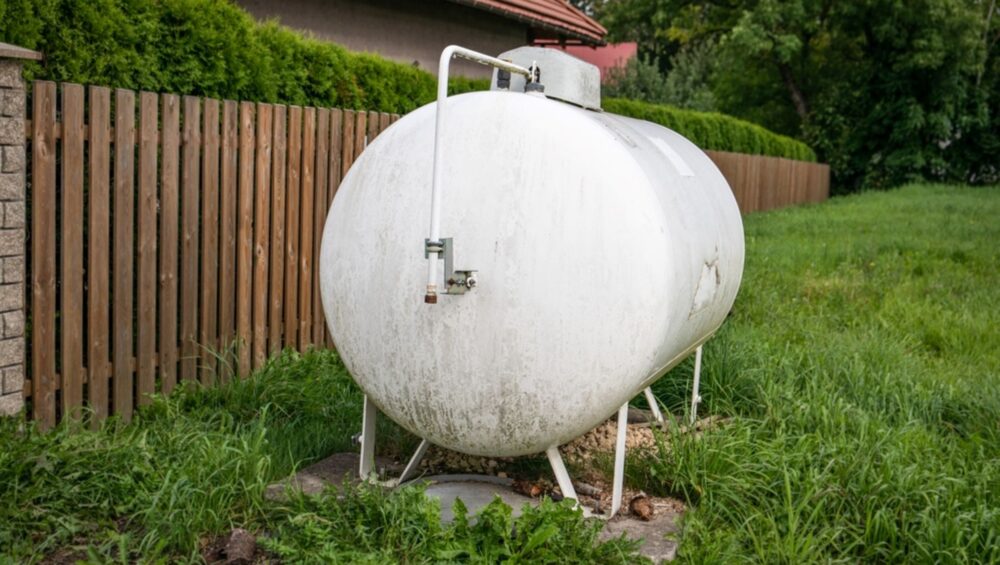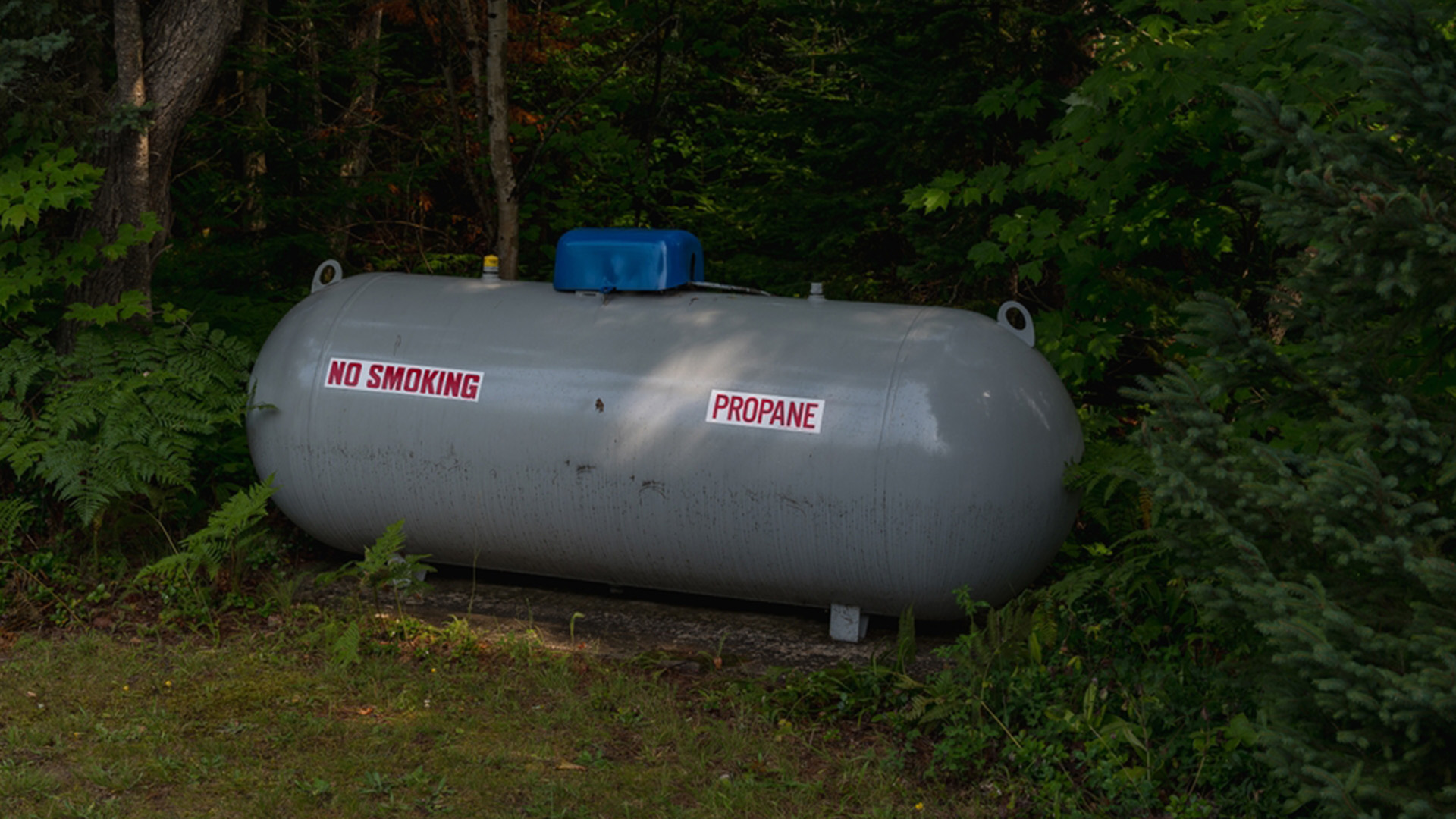Propane gas is a crucial energy source for many homes and businesses. From barbecuing on your patio with a 20-pound propane tank to heating your house or powering industrial equipment with a 500-gallon gas tank, propane is versatile and efficient. However, running out of propane at an unexpected time may be a frustrating experience. This is where propane delivery services come in handy. They your propane demands are satisfied without having to move hefty gas cylinders yourself.
Here’s a closer look at the benefits of using a propane delivery service and how it may be a game changer for both residential and business customers.
- Convenience at Its Best
Imagine running out of propane at a BBQ or on a chilly winter night. The last thing you want to do is look up “propane refill near me” and drive to a refill station. With propane delivery near me, you may get gas delivered right to your door.
- Designed to Meet Residential and Commercial Needs
Both households and businesses profit greatly from propane gas delivery services.
Residential Users: Having a trustworthy propane source may simplify house heating, cooking, and generator fuelling. Whether you use a 20-pound propane tank for grilling or a 500-gallon propane tank for whole-house heating, home propane tank refill services provide a continuous supply.
Commercial Users:Big businesses like restaurants, building sites, and farms can use commercial propane. Businesses can maintain uninterrupted productivity by using services for tank farm propane operations or routine LP gas tank refills.
- Safety and Expertise
Propane handling calls for expertise and caution, particularly when working with bigger tanks such as a 250-gallon propane tank. Trained experts are employed by propane delivery services in my area to guarantee the safe handling, refilling, and transportation of propane tanks. Their knowledge guarantees adherence to safety regulations and reduces the possibility of accidents.
To make sure everything runs well, a lot of companies also provide maintenance and inspection services for your home propane tank refill setup.
- Cost-Effective Options
It might take a lot of time, money, and effort to drive to swap or refill propane. You can avoid these unanticipated costs by using ‘propane tank delivery near me’. It is a cost-effective choice because some organizations even provide reasonable prices for propane tank delivery service.
- Environmentally Friendly
Compared to other fossil fuels, propane burns cleanly and emits fewer greenhouse gases. By using delivery services, you can lessen your overall carbon footprint by eliminating the need for separate visits to exchange or refill propane. Selecting a trustworthy local LP gas provider can help you use energy more sustainably.
- Emergency Services
It might be inconvenient and disruptive to run out of propane at the wrong time, particularly in severe weather. In order to guarantee that you have access to propane when you need it most, a number of LP gas suppliers in my area provide emergency delivery services. For people that use propane for cooking or heating, this is quite helpful.
Conclusion
The benefits of propane distribution go much beyond ease of use. Propane gas delivery services near me guarantee a smooth, secure, and economical answer to your energy demands with solutions catered to both residential and business needs. Delivery services remove the inconvenience of handling propane on your own, whether you are refilling a 250-gallon propane tank, buying a new propane tank, or keeping a 250-gallon propane tank supplied.
Therefore, keep in mind that a trustworthy propane provider is only a phone call or click away the next time you are looking for “propane delivery near me”. Experience the ease, effectiveness, and tranquility that come with hiring a professional propane delivery service!

